“The defining moment is still to come”: An interview with Burn Bright founders Tori Allen-Martin and Sarah Henley
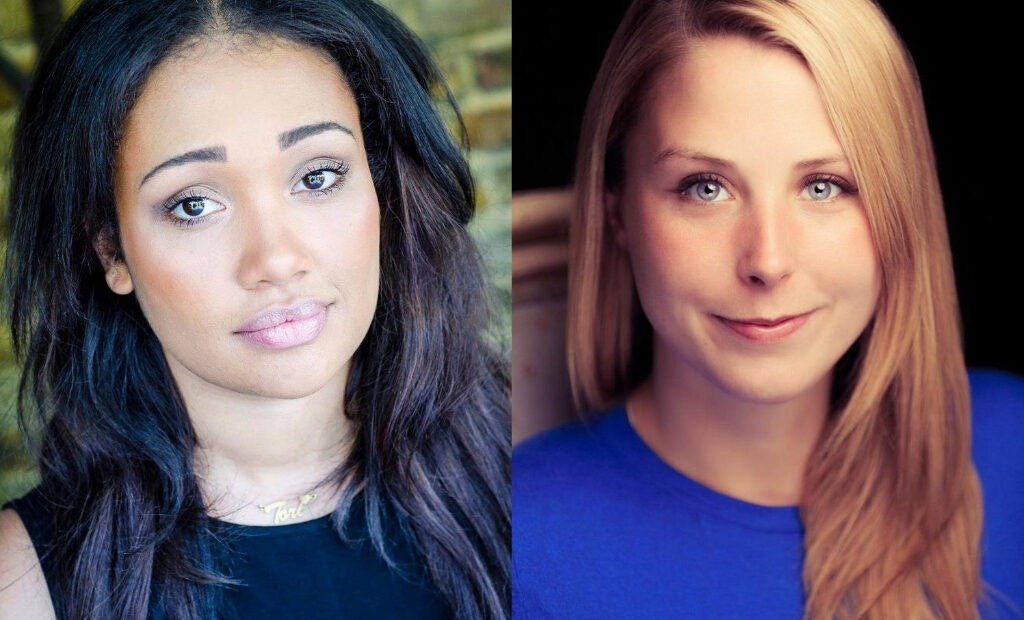
Writers Tori Allen-Martin and Sarah Henley have launched their not-for-profit organisation, Burn Bright, as a new initiative set up to bridge the gender gap and address the inequality that theatre creatives who identify as women have come up against, to empower, offer an integral support network and lobby change. We speak to the founders about the traumatic experience that drove them forward with their ambitious project, their aim to shake up the industry and how theatre can move forward after such a turbulent time.
There was obviously quite a defining moment for you both with your work on the production of TREE. Can you elaborate a bit on what happened and what you both learned from this experience?
Tori Allen-Martin and Sarah Henley: More than defining, we think it was devastating! But we rose up in the face of adversity. So we hope the defining moment is still to come with what we do with Burn Bright. We learned a lot – probably mostly about our own strength and our love for each other. We wouldn’t have got through it without each other and that’s why we felt we had to stand up for everyone who goes through this kind of thing alone, because most people do, and it would’ve destroyed us individually. When one of us had a dark day, the other one kept it going purely because we believe in each other. I guess we realised even more so what we already knew – that there’s nothing like the sisterhood. We don’t want to elaborate or dwell on what happened because we want to focus on the future – the story still remains on our website for anyone interested, but for us, it isn’t healthy to revisit such a traumatic experience again and again, and that chapter is finished, we’re enjoying this new one much more!
Evidently this must have been even more challenging and delicate for you given your personal friendship with the actor Idris Elba. By speaking out do you think you have been inspirational to other women who may have gone through a similar experience?
TA-M: I mean, if it can inspire even one person to speak out then that’s no bad thing – I think the goal was to let people, particularly women, know that they aren’t alone. When making the decision on whether to go public, I said to Sarah, what we want is our show on, and credit for the work we’ve done, and they’ve made it very clear that that’s not going to happen – say we go public and we get a buy out to shut up or something, that’s not going to fix it, that won’t heal this, and it’s dirty money. The only way it felt that this whole thing wouldn’t be in vain was to create something that will actively change the face of theatre moving forward, and stop this kind of shit happening to those who come after us. I felt strongly that I would only go public if it was alongside some sort of scheme or foundation – it wasn’t a bitter thing, we didn’t want to tear anyone down; we just wanted to ‘fess up about our experience and how things roll, because we knew something needed to drastically change, so we put our heads together and Burn Bright was born. We tried to sort it all privately, as a collaborative effort with all parties, but there was no positive response, so we went it alone. A lot of people we spoke to said our careers would end, and that was scary – we’d only just starting getting somewhere, but we figured if an industry would kick you out for speaking up about what’s wrong or right, for standing up for your human rights – then we don’t want a piece of it anyway. If we rolled over and took it we’d be part of the problem and that felt more terrifying than losing it all. Silence is compliance and that wasn’t about to happen on my watch! So yeah, if it inspires one more woman to speak out about something fundamentally wrong then I hope that queen burns the brightest and I’ll be here cheering her on and on hand for hugs (virtual ones till lockdown is lifted) because it’s scary – we had a horrific time – but we must be the change we want to see, so it’s all worth it. The more we speak out about these things, the less it can happen and then ultimately, it’s a better world for all of us.
Would you say that this situation opened your eyes to the gender inequality within the theatrical landscape or was it something you were both aware of before?
TA-M & SH: We were aware but it felt glaringly obvious in this situation. We were treated as disposable and even lots of the language was “the girls” and stuff when we headed into a big meeting. You wouldn’t call two blokes in their 30s heading into a serious meeting “the boys”. It’s not a thing. “Send in the boys”. You only have to look at Victoria Sadler’s yearly round-up of women writers in theatre to know how desperate the situation is. And then when you’re on the receiving end of your work being swallowed whole as if it just belongs to someone else, purely because they can and because nobody tells them any different – yeah, it’s hard not to notice it. In our experience women don’t behave like that, men do, but that’s not to say there aren’t a lot of women who are complicit. A lot of women stood by and let that happen, and they will protect men all across the industry who behave like this. It’s rife. After launching Burn Bright, so many people have reached out with similar stories and it’s devastating, to be honest. We just need to shake up the industry, it’s long overdue. There are so many brilliant voices out there who deserve a platform, it’s about time.
Could you tell us about your newly launched company Burn Bright? What was the most important thing you wanted to focus on when you started up the business?
TA-M & SH: No red tape, just a safe space and somewhere with various initiatives that felt easy to apply to: we are so sick of filling in pages and pages of forms and info to not get selected – women should be using that time actually writing or living their lives so they find more to write about! So all of the forms are quick and easy. We did some feedback questionnaires and we really listened to what our supporters had to say about what they would find useful and all of the initiatives started there. So far so good. It’s a not for profit, and it’s just me, Sarah and our lovely friend Tara running it, so in the midst of a global pandemic where we’ve all had quite serious personal stuff going on, it’s been tough but we’re committed and we’re excited for the future, and it’s so amazing to see the event come to life and the time bank happening with such inspirational people signing up to donate time – it’s special. We’re very grateful to all who lend their time and talent.
With Burn Bright offering two really exciting initiatives, Time Bank and Better in Person, it feels like an incredibly supportive one-stop-shop for female writers. Do you think you both identified a huge gap in the theatre industry?
TA-M: I think anywhere or anything that puts women first in theatre tends to be a gap in the market, sadly. There are of course other female-led companies doing brilliant work but we need more and more and more of us coming through. I think Burn Bright feels like a community and I think it feels non-judgmental and safe and I think it’s a space to really connect with people doing the same things you are, at different stages up and down the ladder. It’s a place where people can come to give back and to get inspired – I think it feels good. And it’s not about self-promotion or forcing yourself to be creative even – it’s about thrashing out ideas and lifting each other up and it’s a sisterhood. I’m really excited about what it will become.
Have you been surprised by the support and involvement of industry professionals?
SH: Yes – mostly pleasantly! When the whole TREE debacle kicked off the writing community really got behind us – it was incredible and very moving. I really hope with Burn Bright we’re starting to give back for the support we received. And some really brilliant industry people have donated their time to the Time Bank which we’re really happy about. It’s a brilliant chance for young writers to access a network of support they wouldn’t otherwise have done and we’re really grateful for the wonderful people who have donated their time. Many have come back to donate more too, which has been very encouraging! We’d love to see more men donate time and support the movement, particularly those who’ve reached the top of their ladders – time to start pulling up women who are lower down.
With Better In Person due to air on the digital platform Zoom, how will that work for the theatre-goer and will it be an immersive experience?
TA-M: Yeah, it is immersive in that it’s fit for purpose. We wanted to create something only made to be watched on Zoom rather than crowbarring something into that format; we hope you’ll feel like you’re in on the call – and after our first event, that is how it felt. One of my friends said he kept worrying he could be seen, sat there in his pants shovelling ice cream. It feels really intimate and I think that brings some togetherness and closeness that is much needed right now. The first Better In Person event will soon be available for download so if you missed it and want to catch up, you’ll get the chance! We sold over 200 tickets and the feedback has been incredible, so we’re looking at doing another event in due course. We’ll announce that soon so keep your eyes peeled on our socials.
Has it been frustrating or enjoyable trying to adapt ideas to fit a digital audience during the pandemic lockdown?
SH: My other job is as founder of NextUp Comedy, a digital subscription platform for live comedy; so I’ve been thinking about this “adaptation” in every area of my life. I’ve enjoyed it because it lends itself to my experience, however I’ve had far less time to be creative without childcare and trying to work. The frustration has come out of the feeling that lots of people have suddenly got lots of free time, and I’ve suddenly had a lot less! Still, I’m exceptionally grateful and frustration is all – many people have faced real hardship.
When the lockdown is over do you think you will still see a digital future for the theatre audience in spite of theatre venues reopening?
TA-M: I think so. Sarah has some great ideas on all this; she wrote about it here.
We think for many people, theatre is too expensive and inaccessible, and perhaps theatres could see this as an opportunity to get their digital and access strands up to scratch so that people from all over the country, and indeed the world, can watch their work. Digital will never replace live, but it can be the next best thing and I think we should embrace it.
What are your future plans for Burn Bright?
TA-M & SH: To keep doing what we’re doing and more of it – to always be a safe space, a community, a home. To keep banging the drum for underrepresented voices, starting and always with a focus on women’s voice. To keep on listening, to keep striving to be better and to change the face of theatre in our own way, by making it fairer for all and levelling the playing field for women. It’s time the gatekeepers let us have a go! We’re so willing to collaborate too and always looking for experts in their field to sign up to the time bank so we urge you to check out the website and get in touch if there’s something you might be able to offer. The same goes for our events: we’re always looking for new talent so please keep your eyes on our website and socials. Join the gang – everyone is welcome here.
Thank you so much for your time!
Ezelle Alblas
For further information visit the Burn Bright website here.

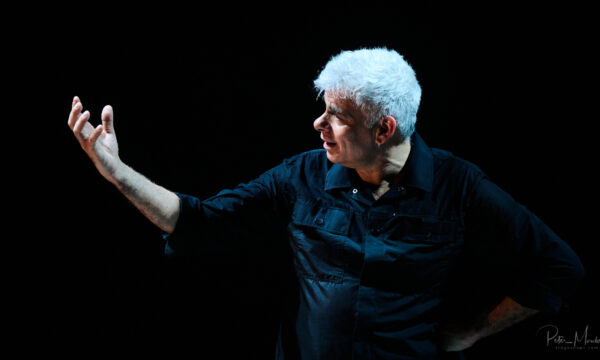
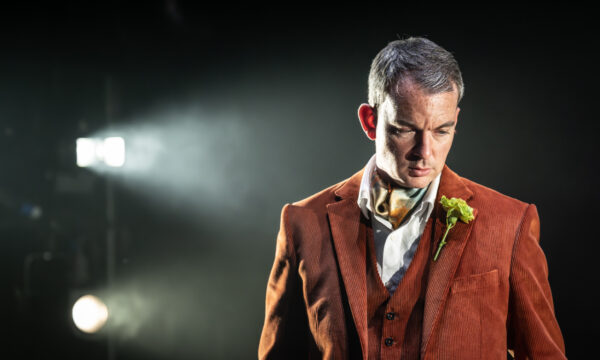
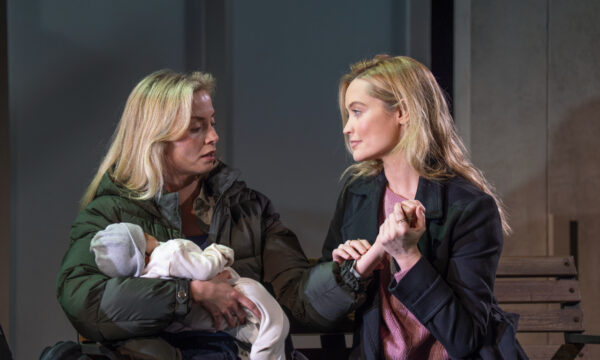
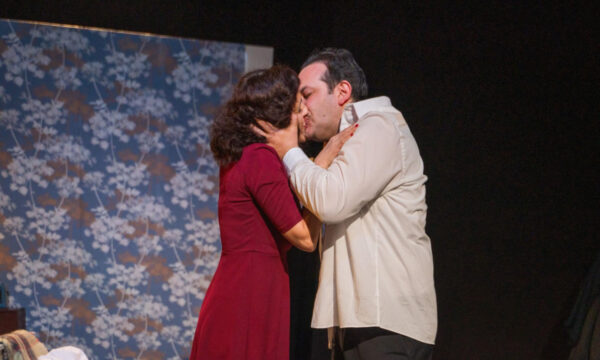
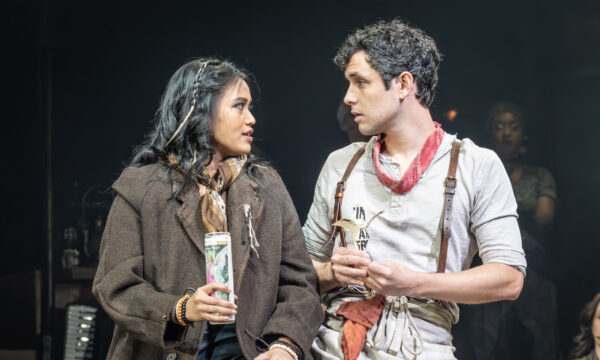
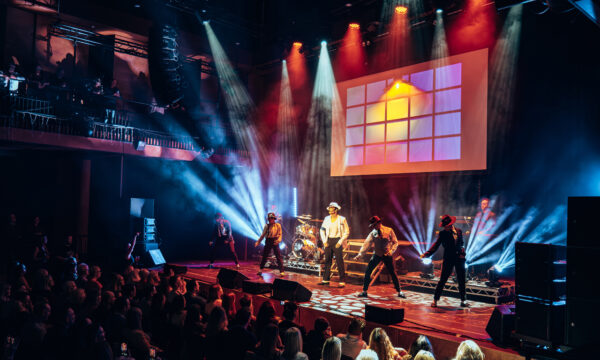
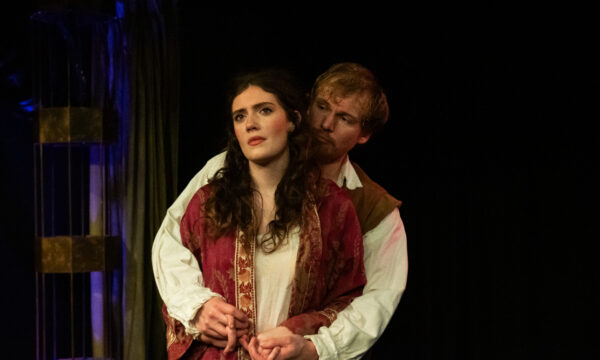
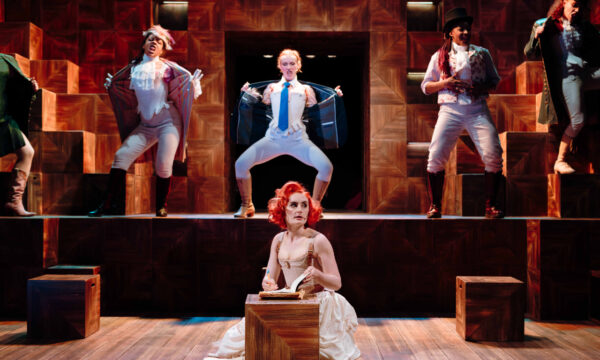
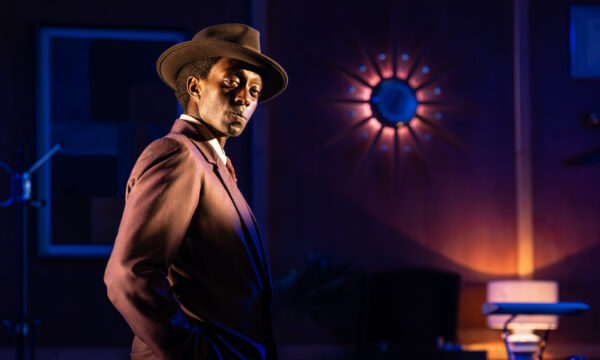








Facebook
Twitter
Instagram
YouTube
RSS